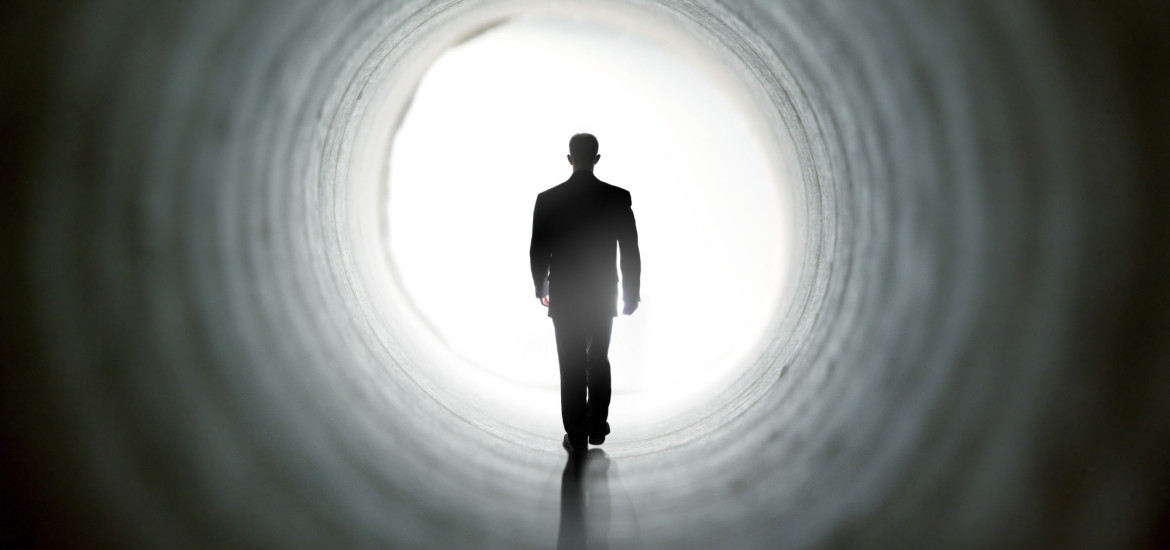I was in a lecture recently where we talked about our own deaths. It’s certainly not a subject we talk about often. People seem to get deeply uncomfortable when the subject is raised. But whilst in this lecture it hit me like a freight train – one day I will die. It was as if I’d suddenly made an emotional connection to something already so ‘known’. Despite everything I experienced in my Ayahuasca ceremonies, yet again I felt deeply humble. Whilst reflecting I had another realisation equally as powerful as the first – it is highly unlikely I will be able to choose when or how I die.
Long before my divorce and the collapse of the business, I’d spent a lifetime imagining myself in similarly upsetting situations and figuring out disaster recovery plans.
I choose to spend a lot of time exploring, understanding and finding solutions to my life challenges. I also invest huge amounts of emotional energy solving problems that aren’t even problems yet. Long before my divorce and the collapse of the business, I’d spent a lifetime imagining myself in similarly upsetting situations and figuring out disaster recovery plans. Yet death (being the only thing certain in my life) seemed to get no attention.
Turns out I’m not alone either. In the UK such is our reluctance to talk openly about death, organisations are popping up to help us. Take a look at www.dyingmatters.org as an example. They encourage people to discuss death, dying and the end of life in an open, constructive way. Turns out we are all great at avoiding the subject. We trivialise it, make fun of it. We have created vocabulary around it (‘croaked it’, ‘snuffed it’, ‘popped their clogs’, ‘passed away’) to avoid calling it what it is – death, dying.
Why then, is it so important to talk about death? Why do organisations like Dying Matters feel they have a purpose? I guess there are the practical considerations. If we don’t talk about our own deaths and haven’t made any arrangements for after we die, people may not know our wishes. Worse perhaps, we may find ourselves critically ill, leaving a family who are unsure about our wishes in relation to life saving treatment. These are all heavy and morbid topics, but surely they must be discussed?
Yet aside from these important practicalities, I think there may be a much deeper reason for talking about your own death or end of life care, even if it’s just a conversation you have honestly with yourself.
In the same lecture, the tutor asked us all to write the names of three people we loved the most on separate pieces of paper. He collected them from us and laid them out on a table at the front of the room. He proclaimed “I have all your most precious people here on the table in front on me.” We waited for his next move. “We like to think that we have control over our existence and the existence of those who are important to us, but we don’t”. Without revealing the name, he took a piece of paper from the table and put it in the bin. “I just dealt an act of fate, that person just died. Maybe they had an accident, or a heart attack. Who knows.” It was powerful and I felt my heart beating fast. He respectfully placed the piece of paper back on the table but he’d certainly got the group’s attention. It made me realise that unless it is by choice, I’ll have no control over when or how I will die. This lack of control also extends to those I love and how and when they will die.
So many people with terminal illnesses use their remaining time to say the things they felt too afraid to say, to right their wrongs, remind people they love them. They want to make sure they die with the least number of regrets. They try as best they can to make peace with the people and world around them. I think I’ve always hoped (and probably even assumed if I’m honest) that I will get the same opportunity.
Statistically, it is likely I will live into old age. Perhaps it is from this statistic that I’ve taken comfort and held a belief that there’s time ahead of me to have those conversations, say the things I kept meaning to say…
Statistically, it is likely I will live into old age. Perhaps it is from this statistic that I’ve taken comfort and held a belief that there’s time ahead of me to have those conversations, say the things I kept meaning to say, right my wrongs, tell people I love them. But as with all statistics, there are always exceptions. Just as that name was taken from the table in my lecture, so too could my life be taken from me sooner than I expect. Life can be cruel and someone has to be the exception.
From now on I intend to keep the lessons of that lecture close to my heart. Practically, I’m going to let people know my wishes for when I die. Emotionally, I’m going to tell those closest to me that I love them more often. I’m going to keep taking brave steps to maintain my sense of happiness. I’m going to keep reaching out to help others in their struggles, where they will accept my help. If I sense that I might regret something, I’m going to think long and hard about it and where possible, limit the possibility of regret.
A question someone asked me some time ago really helped me reframe my priorities last year. Today it feels even more pertinent – “If you only had ten years left to live, what would you do?”.
